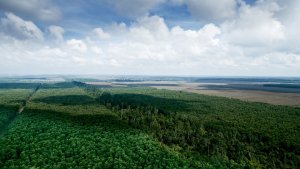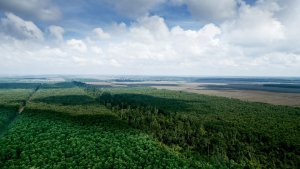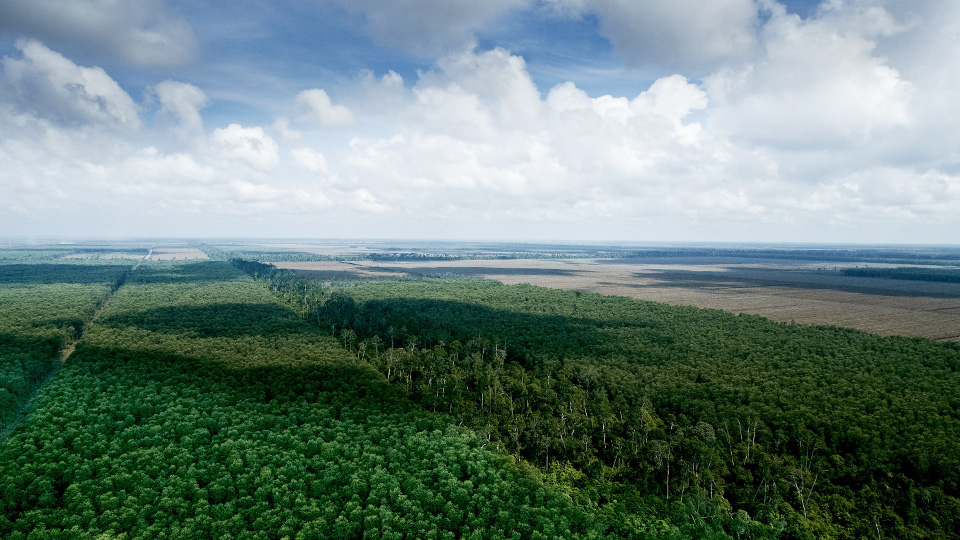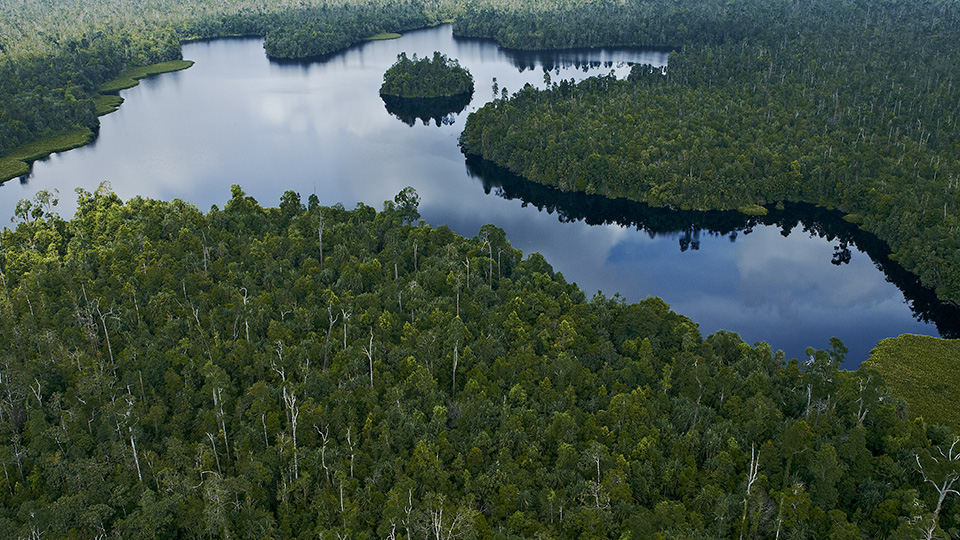How APRIL is helping protect the Sumatran elephant
- Details
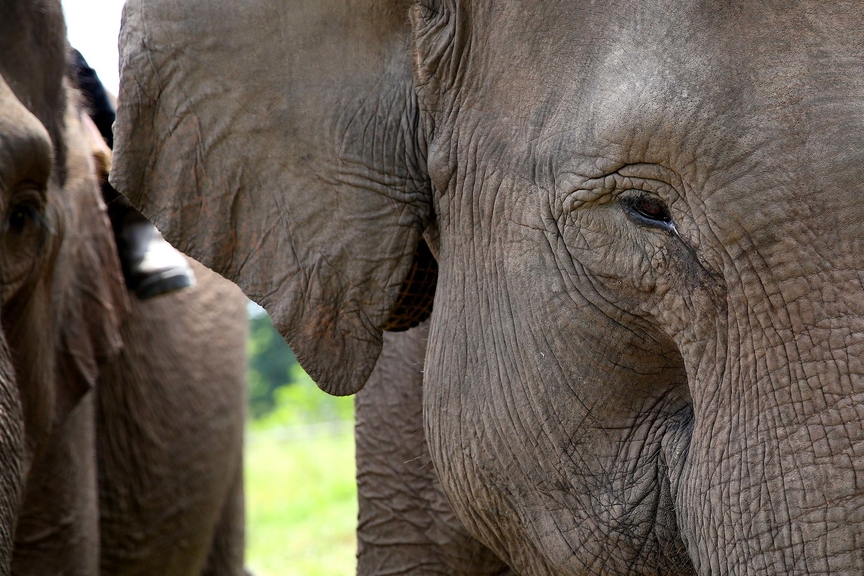

The Sumatran elephant is a beautiful animal, but its numbers are dwindling: WWF estimates there are just 2,400-2,800 left in the wild, and perhaps as few as 100 on the island of Sumatra itself.
As their habitats get smaller due to illegal logging, farming and encroachment, they inevitably come into contact with humans where they can damage crops and property. The conflict sometimes ends in the deaths of both humans and elephants.
To help combat this APRIL Group set up two Elephant Flying Squads: teams of trained elephants who patrol the forests and lead wild elephants away from human settlements.
The scheme was credited by WWF for helping reduce the number of wild elephant deaths in Sumatra from 10 in 2015 to four in 2016.
Conservation
The elephants’ history dates back long before the formation of the Flying Squad. In 1994 the government turned to the private sector for help in its conservation efforts, creating a regulation requiring companies in the forestry and plantation sector to adopt animals in danger of extinction, including elephants.
APRIL, through its subsidiary PT Riau Andalan Pulp and Paper (RAPP) in Riau province, happily accepted four elephants from the government-owned Sebanga Elephant Conservation Center in Lampung, Sumatra’s western most province, in that year.
The biggest is Adei, a male elephant who was born in 1986 along with females Ika and Meri. The youngest is Mira, a female who was born a year later.
“It’s all about conserving the wildlife. That’s our purpose then and it’s our goal now,” said Putra Nicaragua, a coordinator at RAPP’s environment department, which cares for the elephants.
The company employs nine mahouts to care for the animals, who also receive regular visits from a veterinarian.
With 3,000 hectares of pristine forest inside RAPP’s concession, the elephants thrived. In 2009 Meri gave birth to a baby girl, Carmen, while two years later Mira had a baby boy, Raja Arman.
“Our number one priority is to see them growing healthy and breeding to help stop the trend of dwindling numbers of elephant in general. This way, we have contributed to preserving wildlife,” said Putra.
Flying Squad
In 2005, together with Natural Resource Conservation Agency of Riau, Teso Nilo National Park Board, WWF, and other companies in the area, RAPP signed an MOU to set up the Flying Squad. In 2006, RAPP built a camp for the flying squad in Ukui, Riau.
The RAPP concession area borders Teso Nilo National Park which, despite government efforts, is being encroached on at a rapid rate. “The elephants begin to march out of the national park to find food and a place to stay,” said Putra. “They can go to two places: villages and the company’s concession areas.”
When the elephants enter villages they can ruin plantations and farms, angering the local people. “As a result, clashes between humans and wildlife are unavoidable and claim the lives of people and elephants. It has happened since the elephants began to lose their habitat,” said Putra. “Deadly incident after deadly incident takes place every year,” he added.
The Flying Squad is tasked with keeping the wild elephants from entering villages in the first place. The team conducts regular patrols for wild elephants and helps guide any they find back into the forest and away from populated areas.
“Fortunately, we have 3,000 hectares of forest, which can serve as a buffer for wild elephants to find food and play. We allow the elephant to stay there, and never push them out,” said Putra.
Beside its own patrol around the plantation multiple times a week, the squad also regularly conducts joint patrols with WWF and government agencies to cover a wider area.
The flying squad is a great example of how government and the private sector can work together to protect the environment, benefit local communities and help conserve endangered elephants.
You can see more of these beautiful animals here.
More Articles
